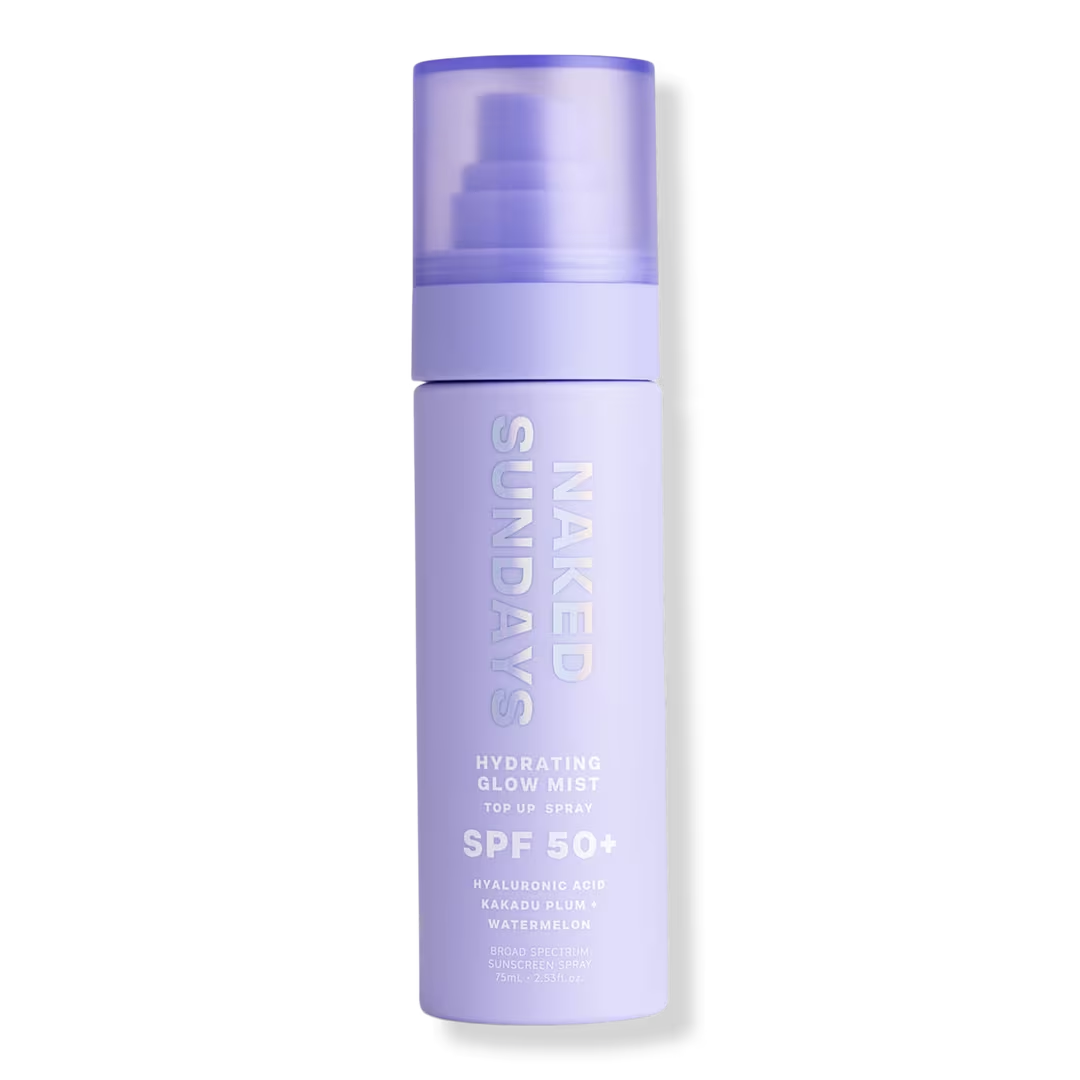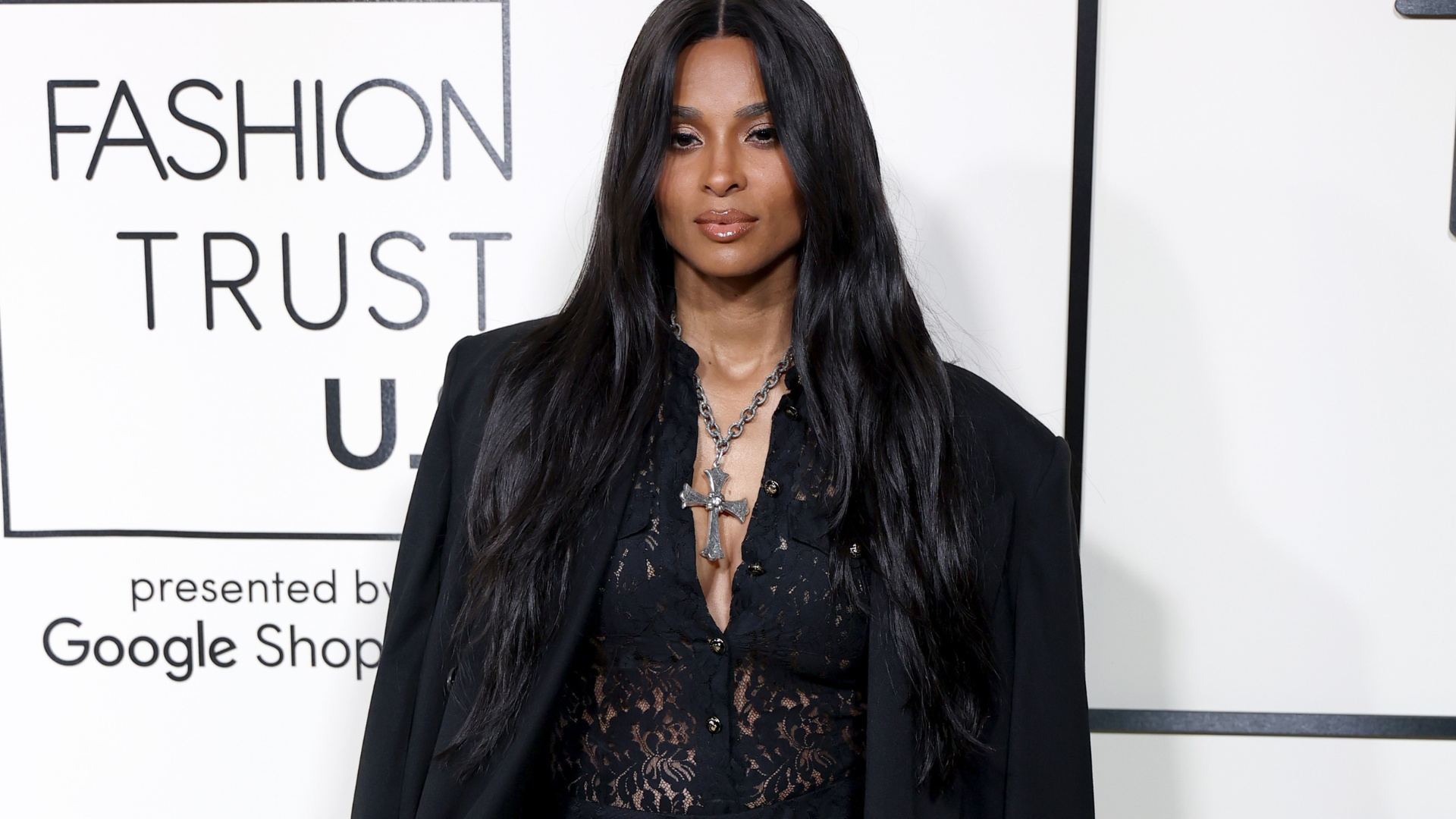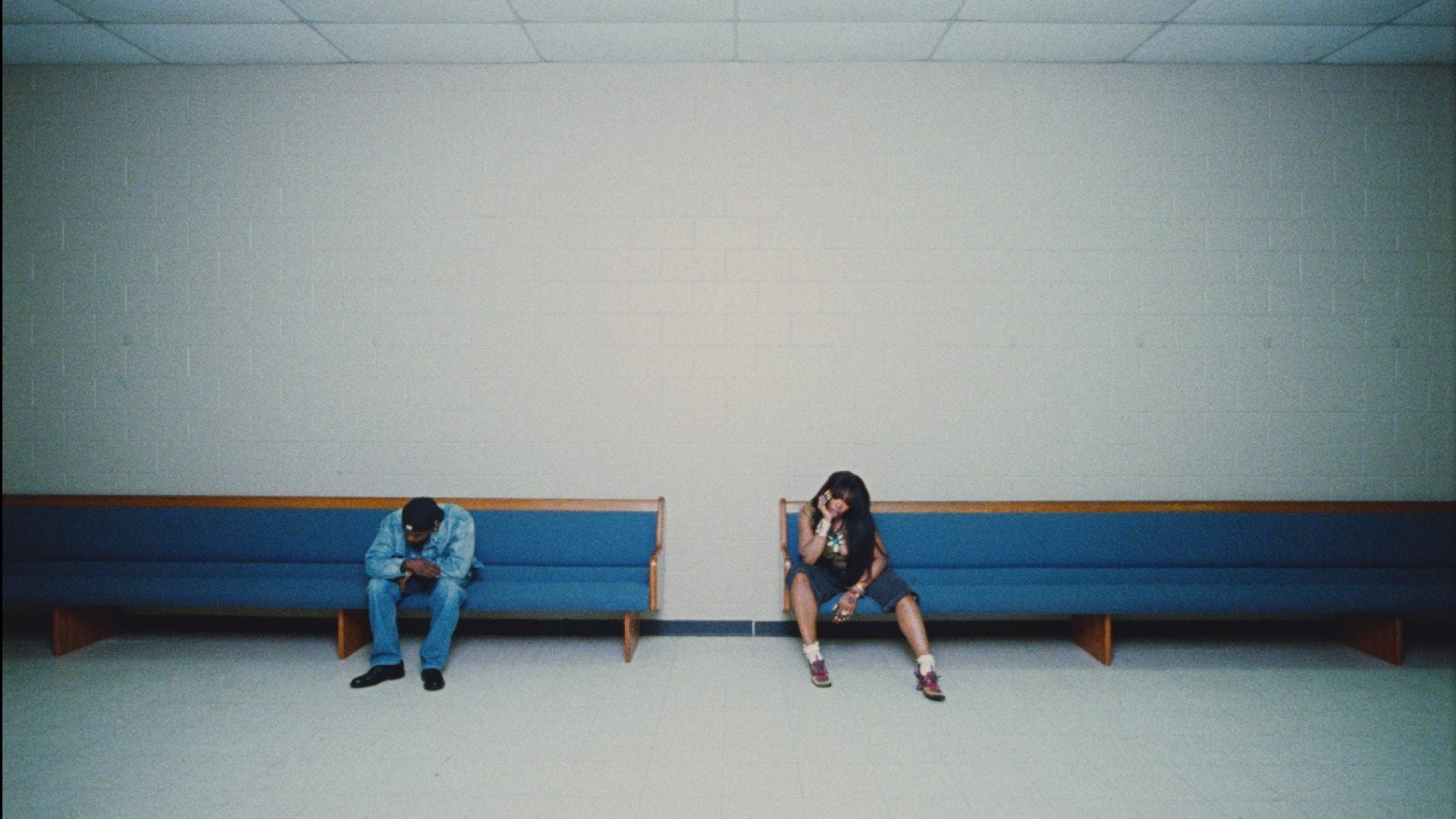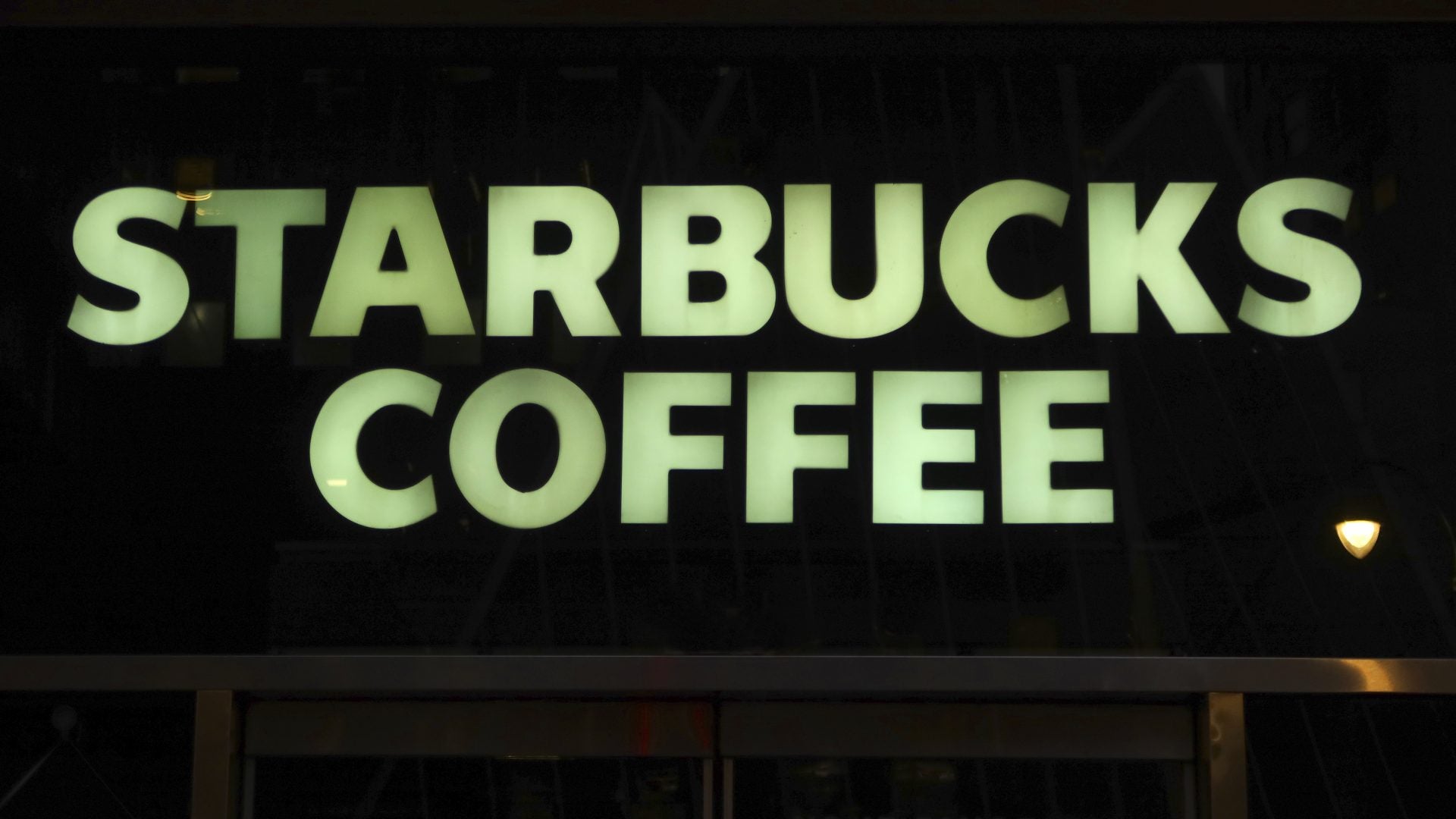
A former Starbucks regional manager won big in court after suing her former employer, alleging that she and other white employees were unfairly penalized after two Black men were arrested at a Starbucks in Philadelphia in 2018.
Shannon Philips was awarded $600,000 in compensatory damages and $25 million in punitive damages after a jury found that Starbucks violated her federal civil rights as well as a New Jersey law that bans discrimination based on race, The Associated Press reports.
In 2018, Philips, who is white, managed dozens of the company’s shops, one of them being in Philadelphia’s Rittenhouse Square neighborhood. This Starbucks location was where two Black men in their 20’s had chosen for a business meeting. While awaiting the third member of their party, Rashon Nelson asked to use the bathroom, but was “denied permission…because he hadn’t purchased anything.”
After Nelson was not allowed to use the coffee shop’s facilities, the saga continued to unfold when a Starbucks employee then asked Nelson and Donte Robinson, his business partner, “if they needed help,” which “the pair declined.” The manager at that Philadelphia store then called the police, who subsequently arrived on the scene, “handcuffed the pair and escorted them from the café.”
Video footage of the arrest was captured and went viral after being shared on social media. Many began protesting, leading to the coffee giant “closing all of its stores to hold anti-bias training for workers.”
As regional manager of operations, Philips who oversaw Philadelphia, southern New Jersey, and a few other locations, “was not involved with” Nelson and Robinson’s arrest in the April 2018 incident. However, in the aftermath, she objected to another white manager being placed on leave amid the uproar and was soon after fired, which she believed was unjust.
The other white district manager who was suspended was also not involved with the store where the arrests occurred. According to the lawsuit, the company’s justification for suspending the district manager, who was not in charge of the store where the arrests occurred, was an accusation that Black store managers were paid less than white managers. However, “Phillips said that argument made no sense since district managers had no input on employee salaries.”
In 2019, Philips decided to file a lawsuit against Starbucks, alleging that she was terminated because she was white. The lawsuit claims that Starbucks took “steps to ‘punish white employees’ who worked in the area ‘in an effort to convince the community that it had properly responded to the incident.’”

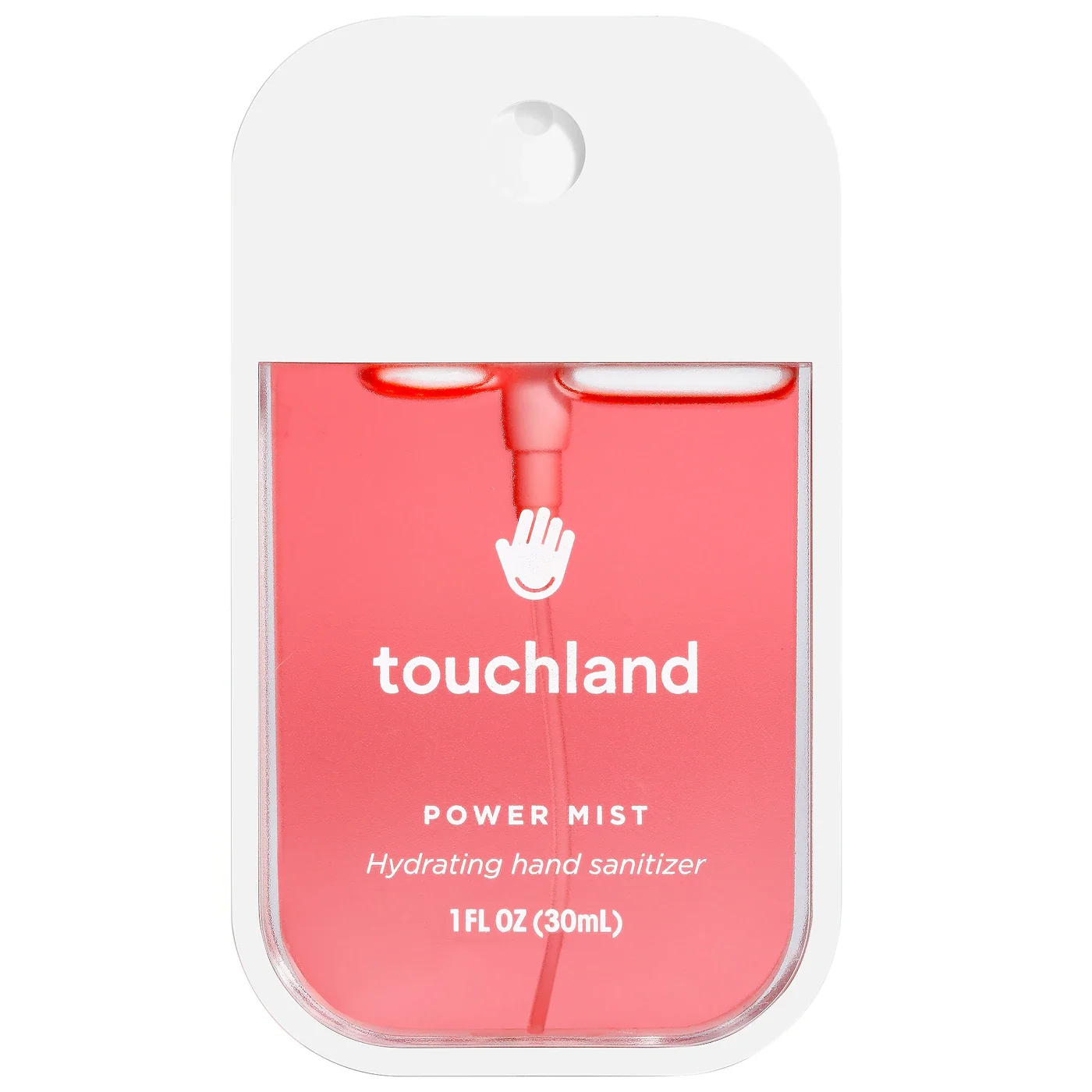
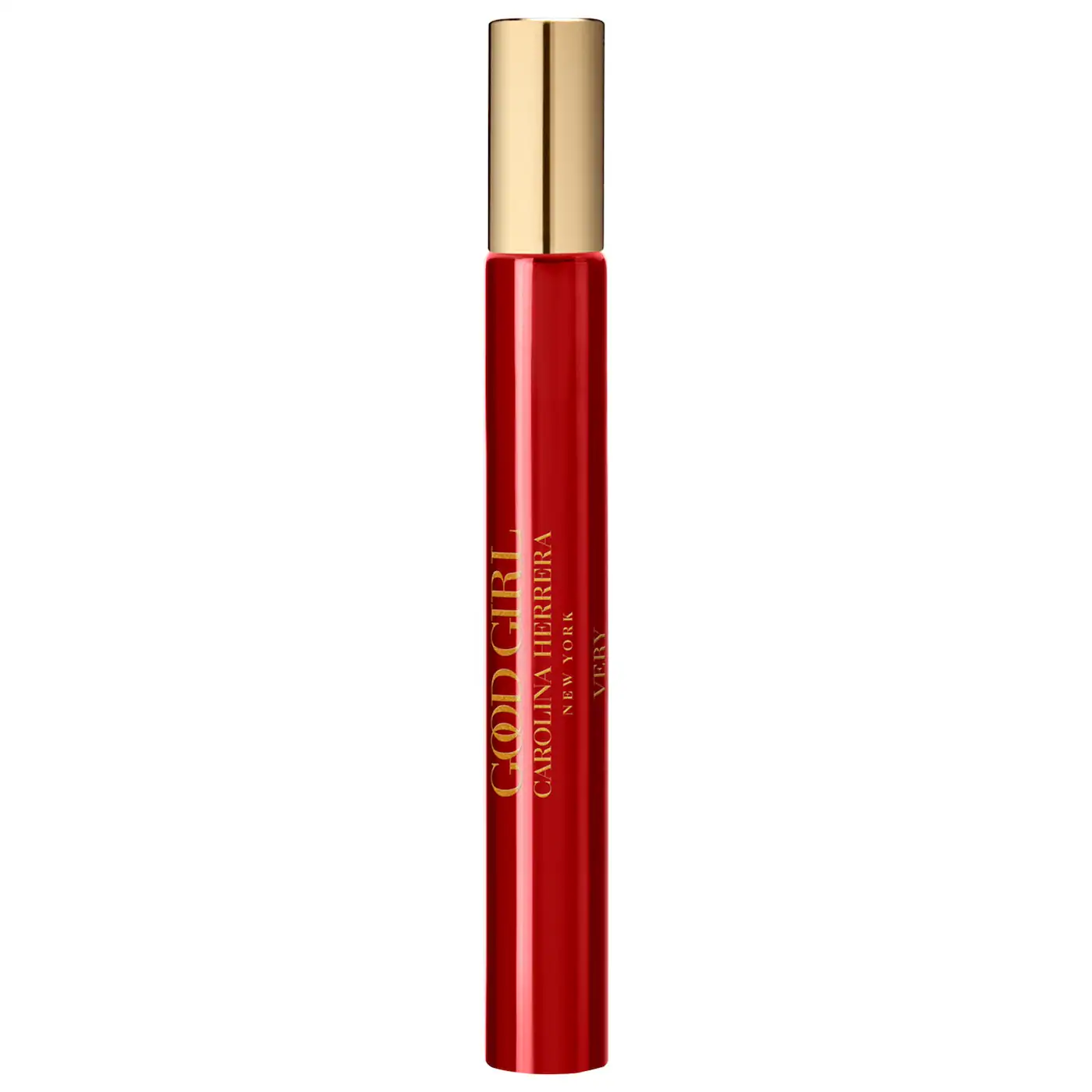




During closing arguments, Philips’ lawyers contended that “upper management of Starbucks were looking for a ‘scapegoat’ to terminate to show action was being taken.”
Helen Rella, a renowned employment attorney, commented on the unusualness of this claim, since anti-discrimination claims usually protect those “who fall into minority categories.”
“The decision in the Starbucks case, that found Starbucks liable for race discrimination relative to a white employee who was terminated, sends the signal that all races are protected from discrimination – not just those who are considered minorities,” said Rella, adding “It serves as a reminder to employers to carefully consider their actions to ensure that they are compliant with anti-discrimination laws across the board.”
